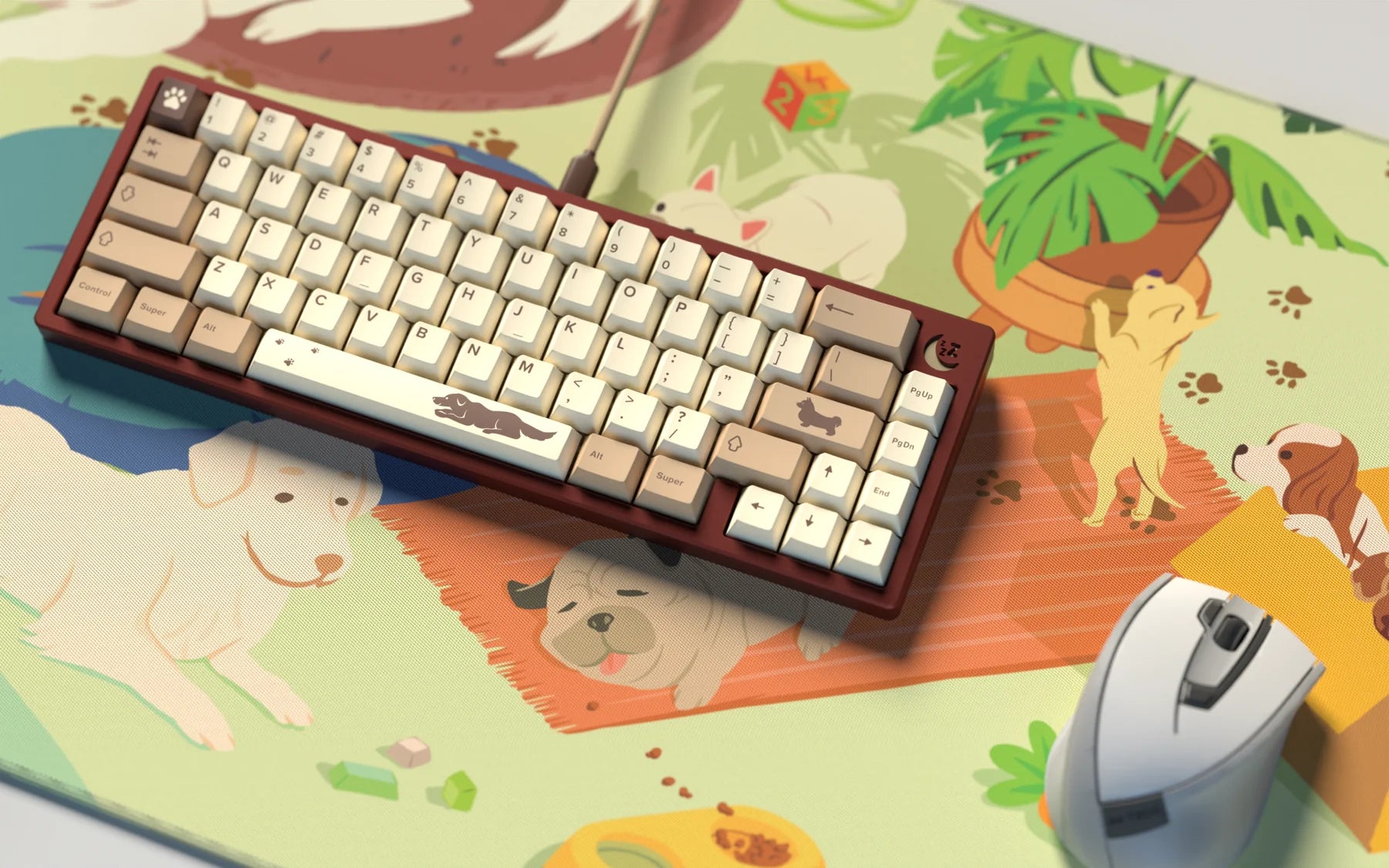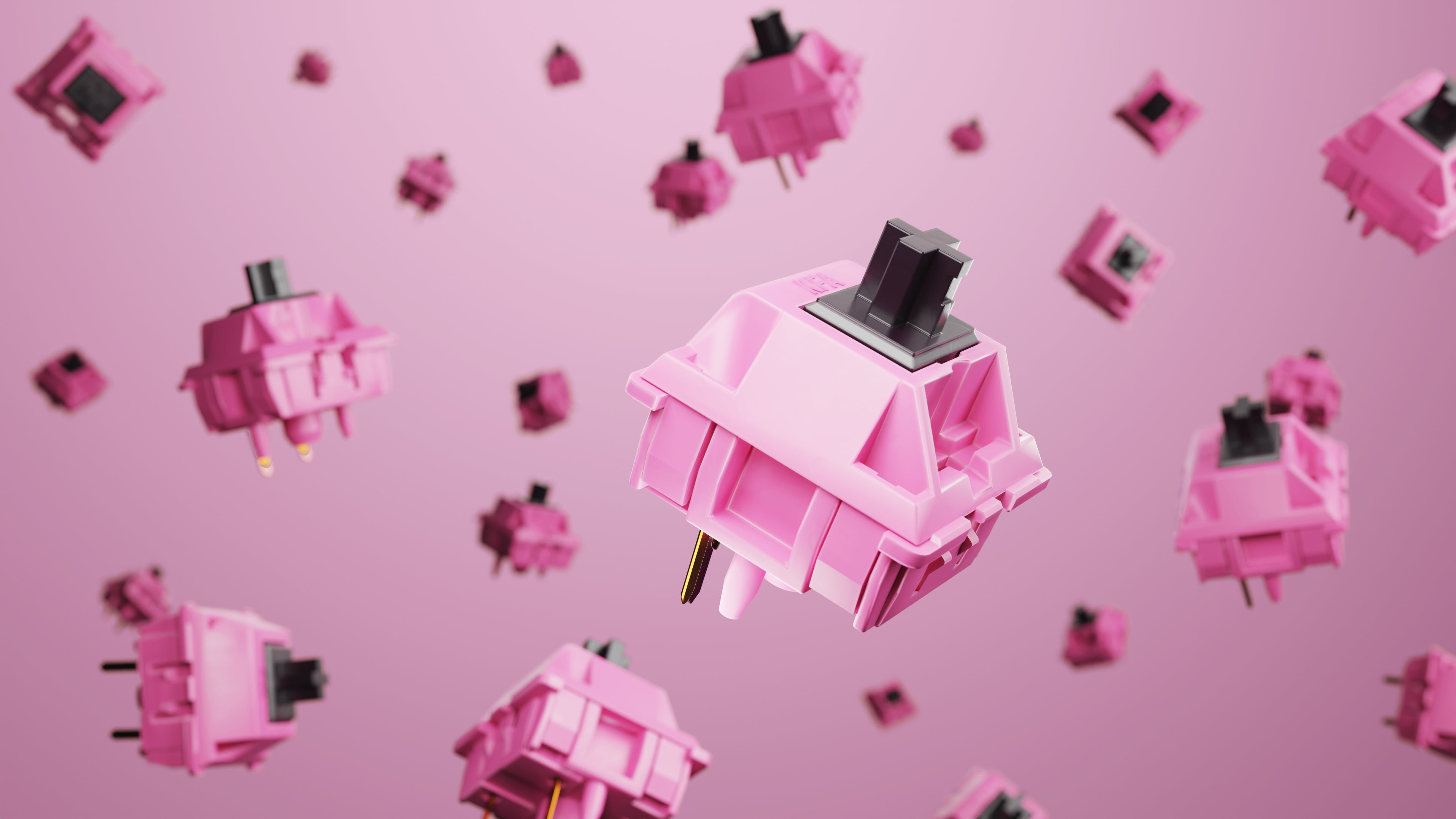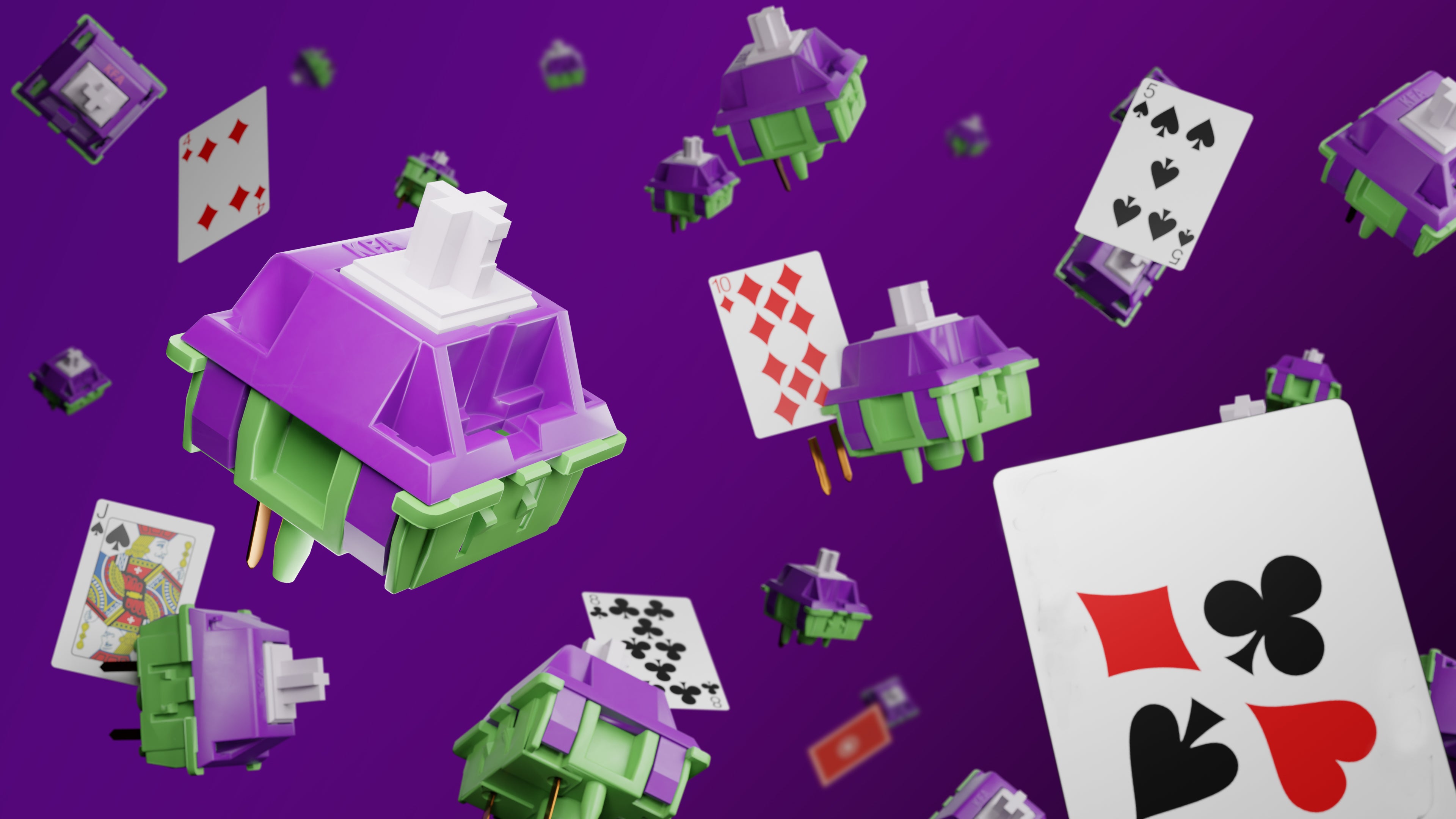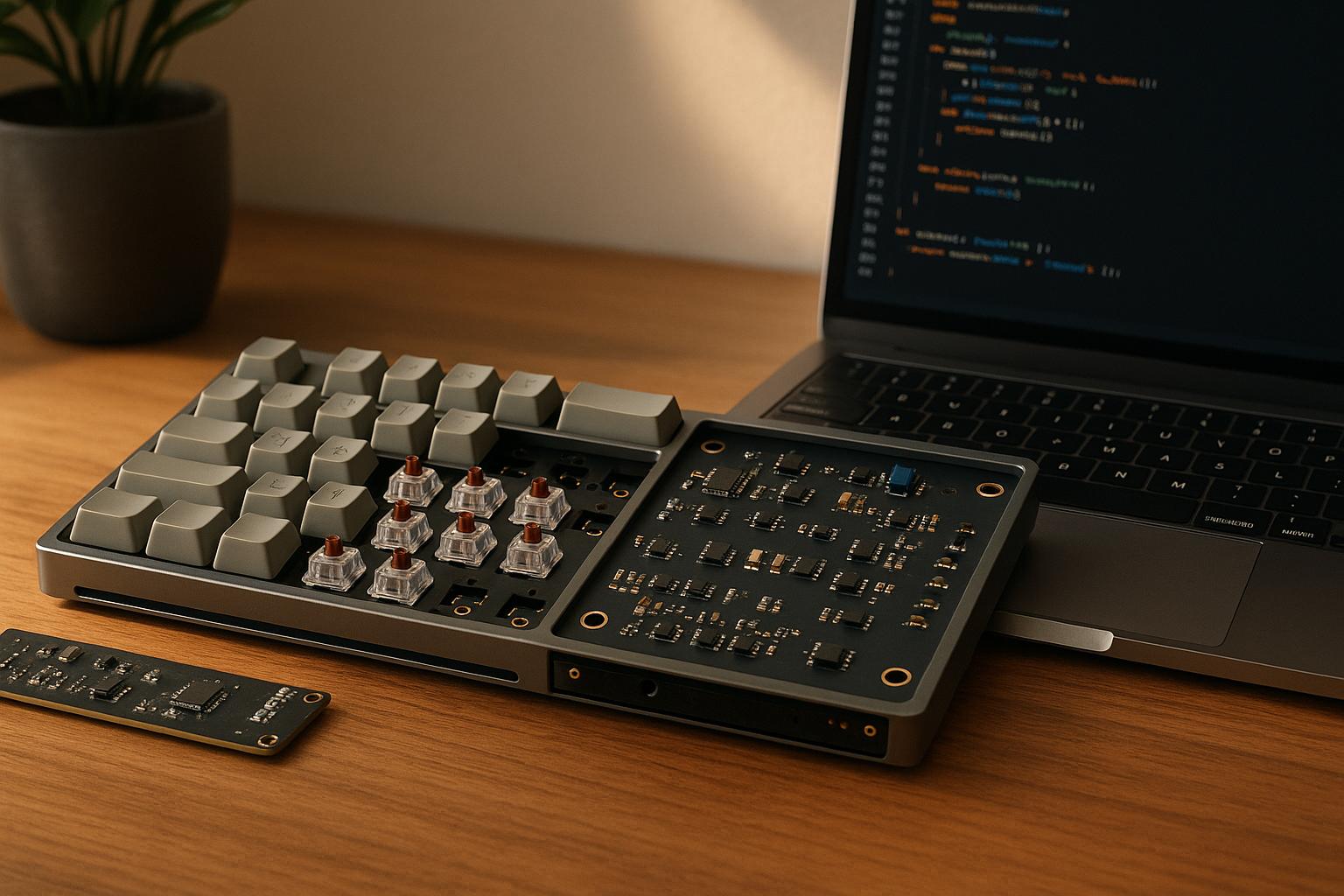
PCB Debouncing: Hardware vs Software Solutions
When you press a key, it might send multiple signals due to switch bounce, causing errors like repeated letters. Debouncing fixes this by stabilizing the signal, ensuring only one keypress registe...
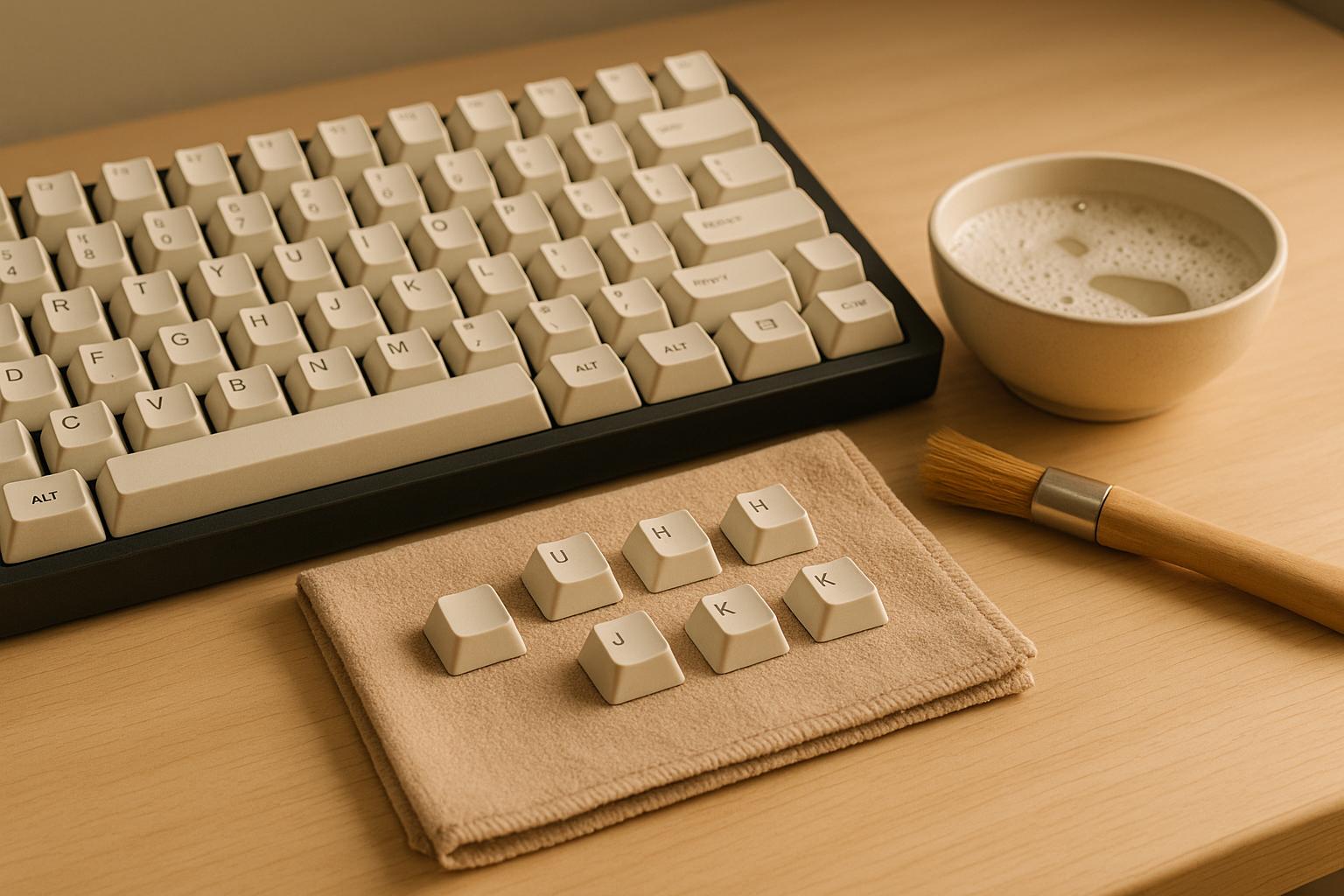
Clean keycaps mean better performance, hygiene, and a longer lifespan for your keyboard. Here's how to do it safely and effectively: Start by unplugging your keyboard and taking a photo of its l...
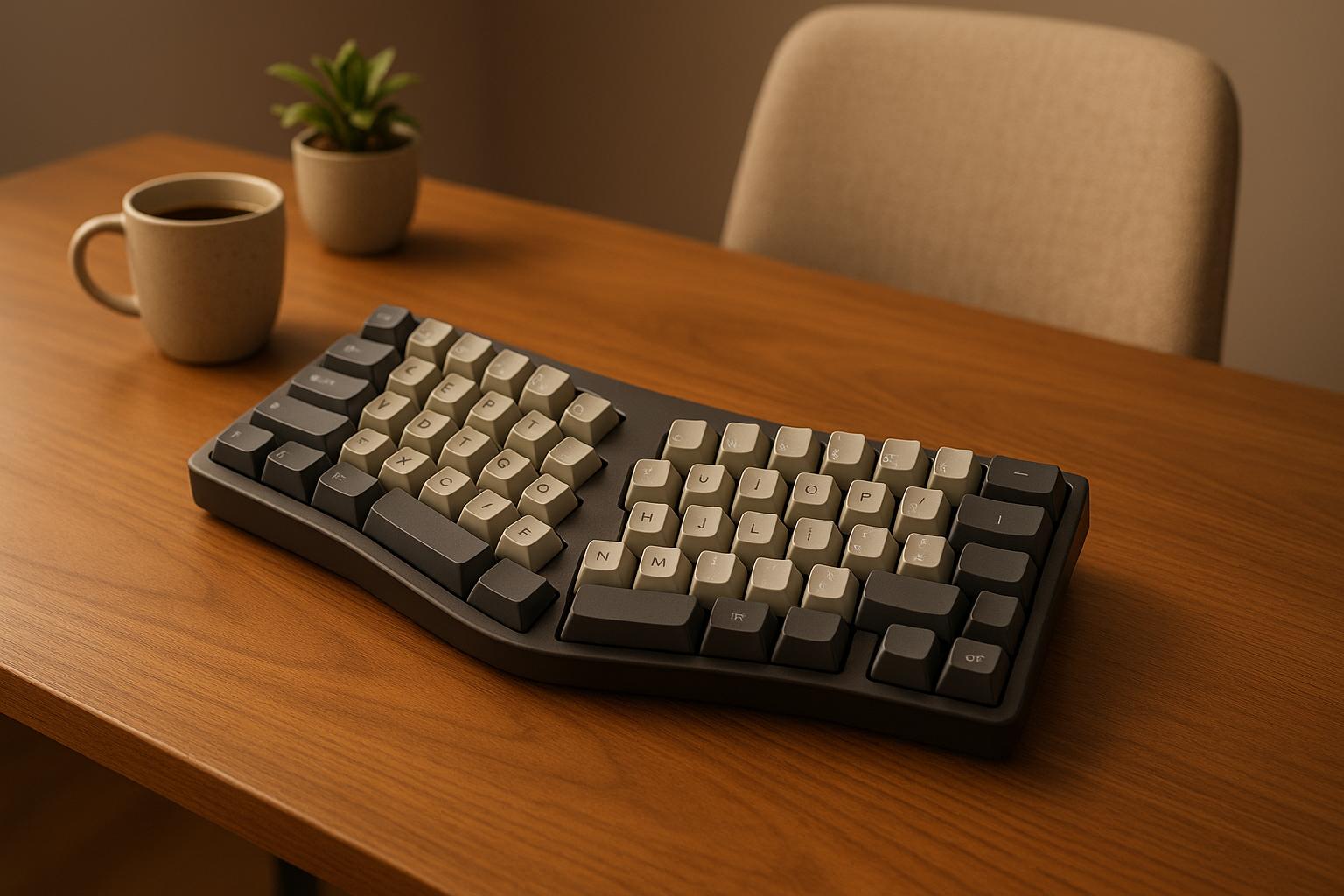
Ultimate Guide to Optimized Keyboard Layouts
Optimized keyboard layouts like Dvorak, Colemak, and Workman can improve typing speed, comfort, and efficiency by reducing finger movement. While QWERTY was designed for typewriters, these layouts...
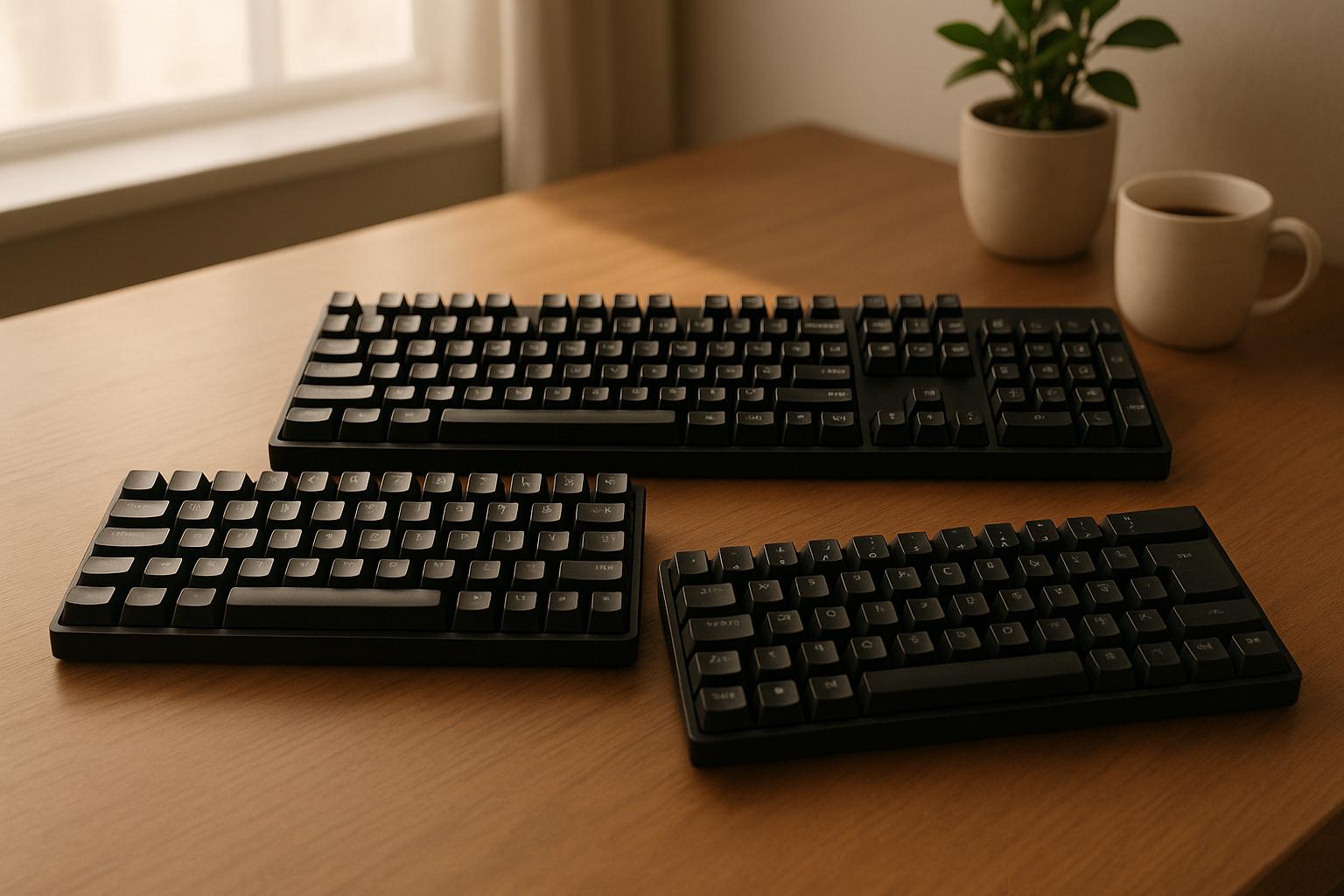
How to Choose the Right Keyboard Size
Choosing the right keyboard size is all about balancing comfort, functionality, and workspace needs. Here's the quick breakdown: Full-Size (100%): Includes everything - numpad, function keys, an...
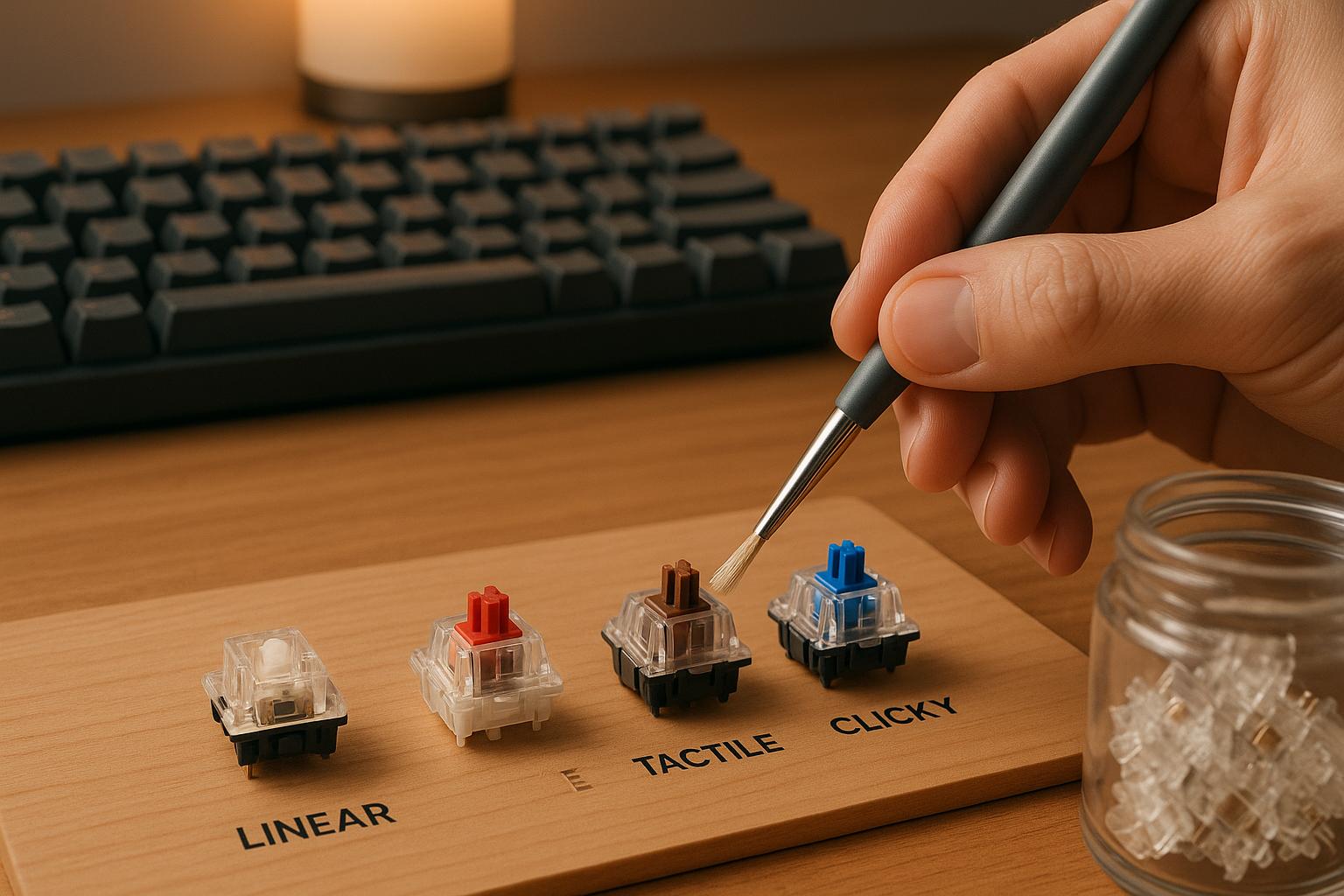
Switch Modding Basics: Lubing Linear, Tactile, Clicky
Switch modding improves how your keyboard feels, sounds, and performs by reducing friction in the switches. Lubricating switches smooths out keystrokes, reduces noise, and ensures consistent perfo...
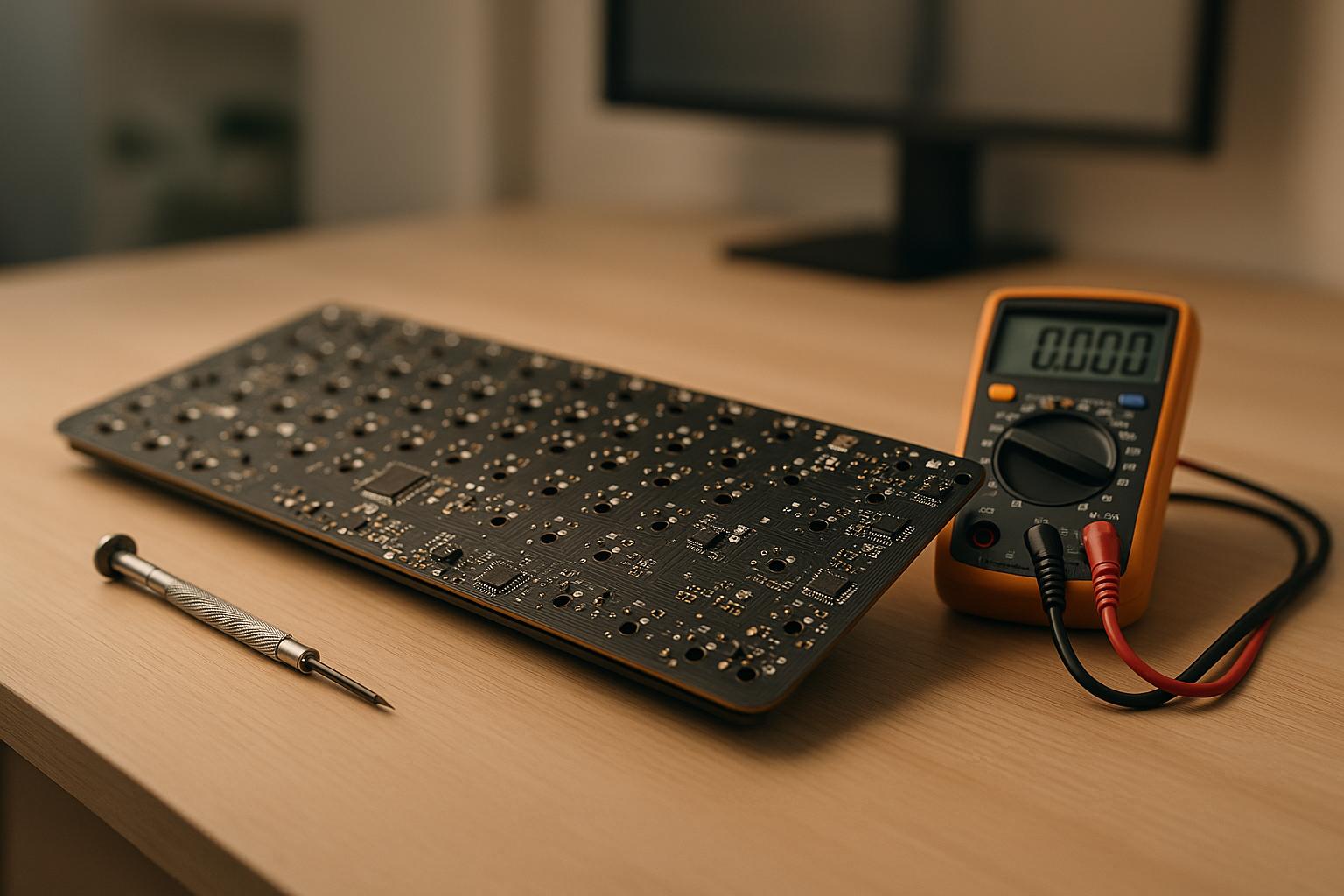
Ultimate Guide to PCB Troubleshooting for Keyboards
When your keyboard stops working, the problem often lies in the PCB (printed circuit board). Issues like unresponsive keys, flickering RGB lights, or power failures can often be fixed without repl...


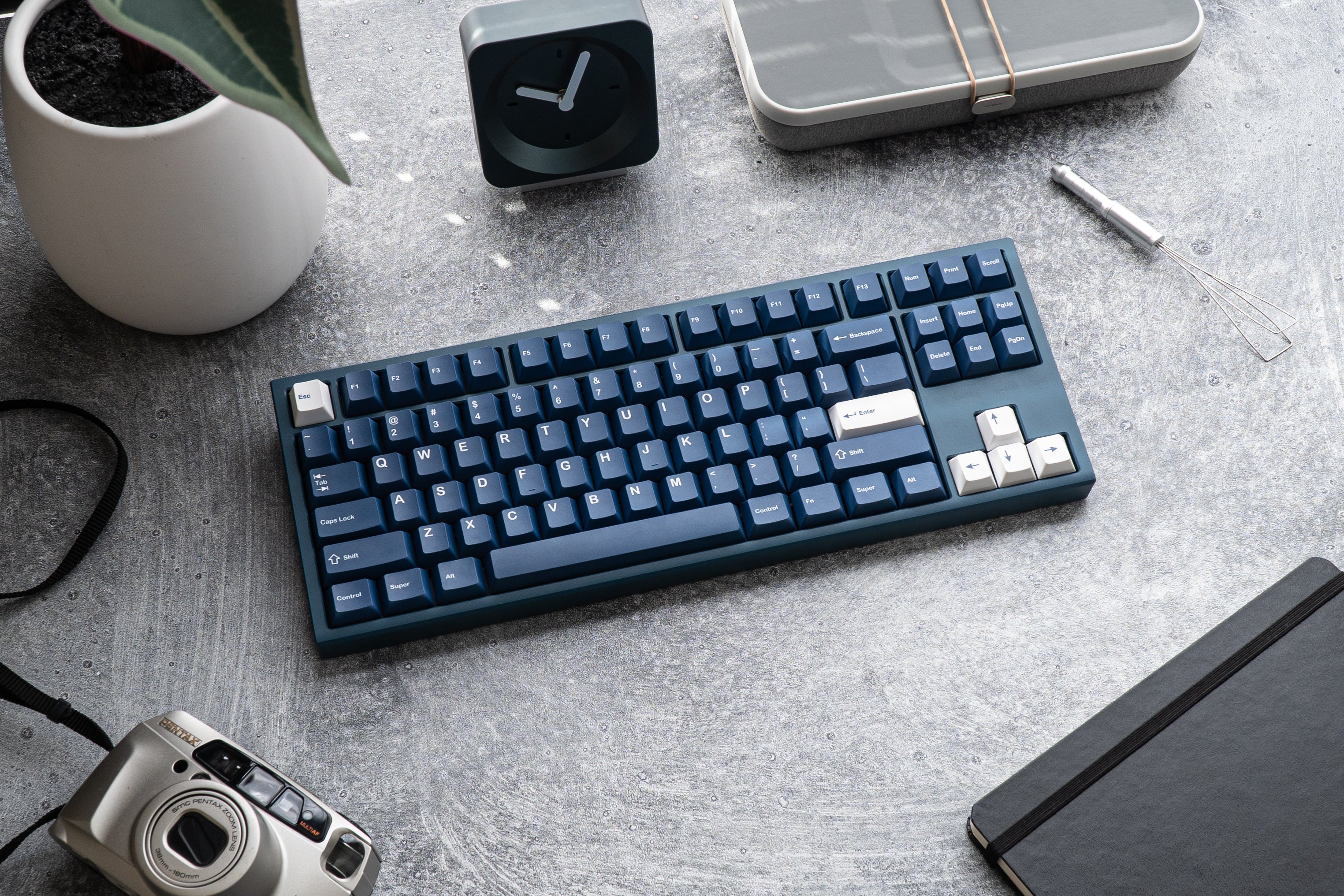
![[Pre-Order] Autumn Leaves PBT Keycaps - KeebsForAll](http://keebsforall.com/cdn/shop/products/DSC09732.jpg?v=1676148273)
